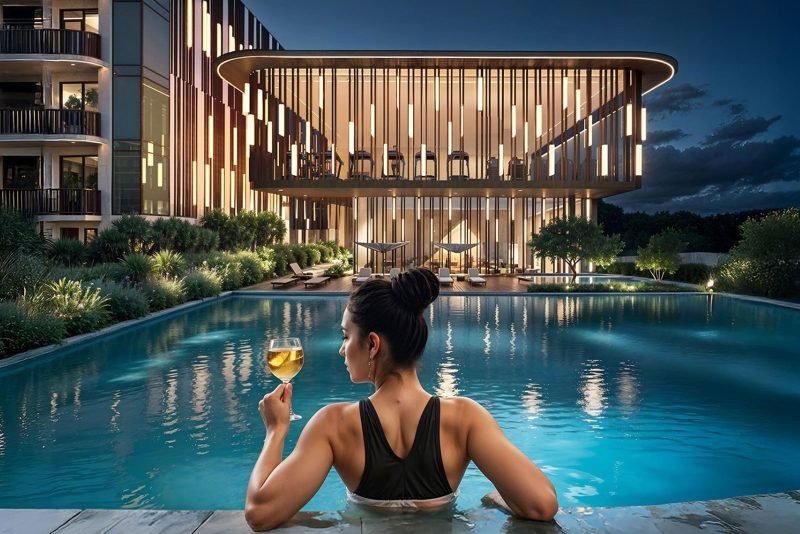The pandemic has transformed the way we live and communicate. A significant segment of people who have been impacted is millennials. An integral part of the workforce, their purchasing habits impact the real estate sector as they are diligently investing in the Indian housing market. Read on to know the reasons behind this consumer behaviour.
Globally, millennials, or Gen Y, account for roughly 23 percent of the population, comprising around 1.8 billion people. In India, 34 pecent of the country’s total population is dominated by millenials, of which 46 percent make up the entire workforce. Millennials, aged between 25 and 35 years are generally associated with a lack of business acumen; hence, they are believed to be insufficient to significantly impact the economy. However, the reality is that purchasing habits and real estate preferences of millennial homebuyers are making a massive impact on the real estate market as they transition into the age of buying and renting properties. Moreover, characterised by tech-savvy and environmentally conscious values, this generation’s preferences are poised to shape the market dramatically.
A recent study by a real estate advisory service provider mentions that three-fourths of millennials will potentially purchase a residential property in the next three years. A similar industry report echoes the same intent noting that 55 percent of total buyers looking to buy their own homes are millennials. This number stood at 42 percent last year. 68 percent of the millennials polled indicated that these home purchases were for their own end-use. Here are some reasons behind the shift-
Preference towards owning houses
Post the pandemic, this generation now believes in owning their real estate rather than renting it. They have seen their parents, who belonged to the age of boomers, often struggle with their basic needs and necessities. While the generation of boomers largely lived in an agrarian economy, the millennial generation surfaced when the economic structure was evolving. With the shift of income distribution from agricultural to industrial/corporate means, the millennials finally have better purchase power than the earlier generations. With such high disposable incomes at hand, millennials are now becoming firm believers in owning and investing in real estate rather than opting for residential rentals. After all, real estate is the best investment, and millennials have come to realise this soon and are always keen to park their investments in the realty sector.
Surge in work-from-home model
COVID-19 might now be less severe or might even be on the verge of turning into seasonal flu, but it has changed people’s businesses, economies, and overall lives. The impact of COVID has shaped us all differently and has readied us better for future uncertainties. Millennials, having the ripest purchasing power and willingness to invest in real estate, saw this shift closely. They know the importance of a hybrid workplace, wherein, while video conferencing is preferable, the core human need for physical interaction and socialising has also survived. With this realisation at the fore, the demand for bigger houses with separate rooms to set up a home office has risen. New millennial buyers need better and bigger residences with ample space to accommodate their in-home office stations. These buyers desire to design and customise these in-home workstations to their liking and choice.
Preference for gated societies
Even though COVID-19 has introduced the word social distancing, in practicality, it has also created a need in millennials to socialise and bind more closely. Millennials have felt the impact of COVID closely, and they are more conscious of their comforts and the desire to socialise. The time spent away from social spheres has created a yearning to connect more closely. This trend has influenced the housing and residential market, wherein millennials today want to live in gated condominiums rather than stay in isolated houses. They prefer to enjoy the comforts of social living space with shared facilities like bustling clubhouses, pool decks, gymnasiums, fitness studios, libraries, community halls, and sports complexes. Millennials have seen and absorbed the effects of the pandemic. This has created in them a wish to find socially vibrant living spaces like the condos to enjoy its everyday facilities while bonding with lively people in common areas.
In retrospect, the millennials are the changemakers of the modern housing market, and their needs are moulding how houses are being constructed, designed, and sold today. The generation that supposedly did not want to buy things now accounts for over half of all home-purchase loan applications, and economists only expect them to bolster demand for many years to come.
Source : 99 Acres




